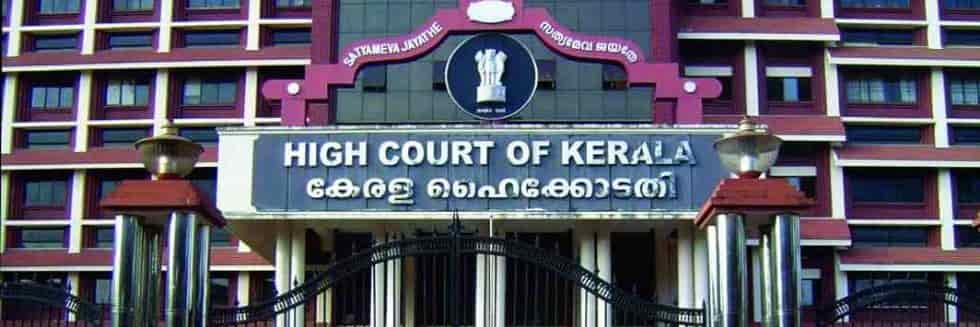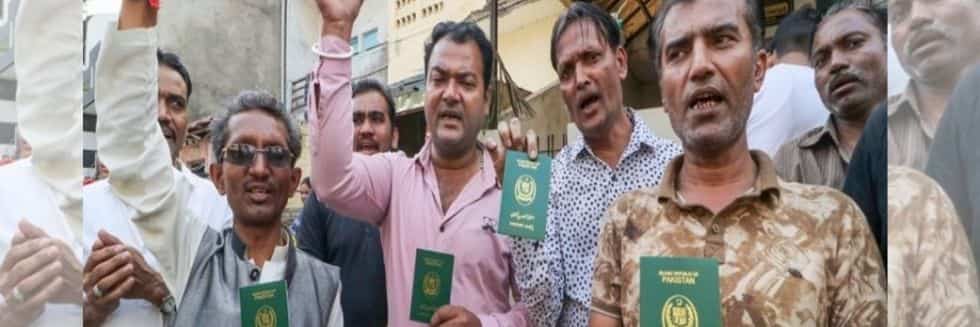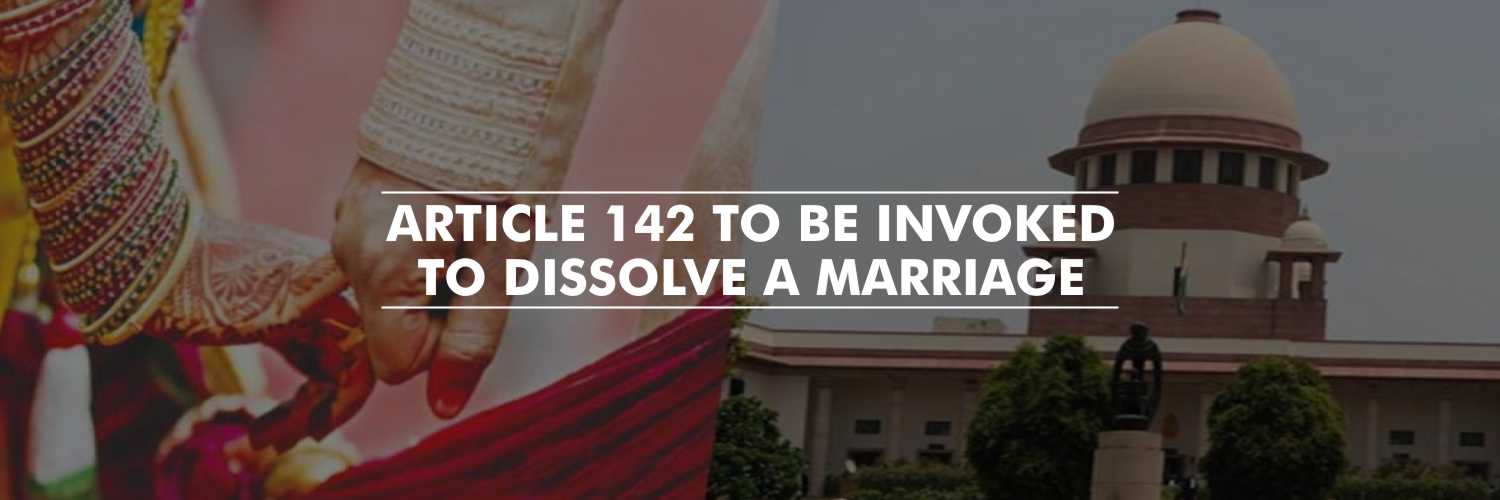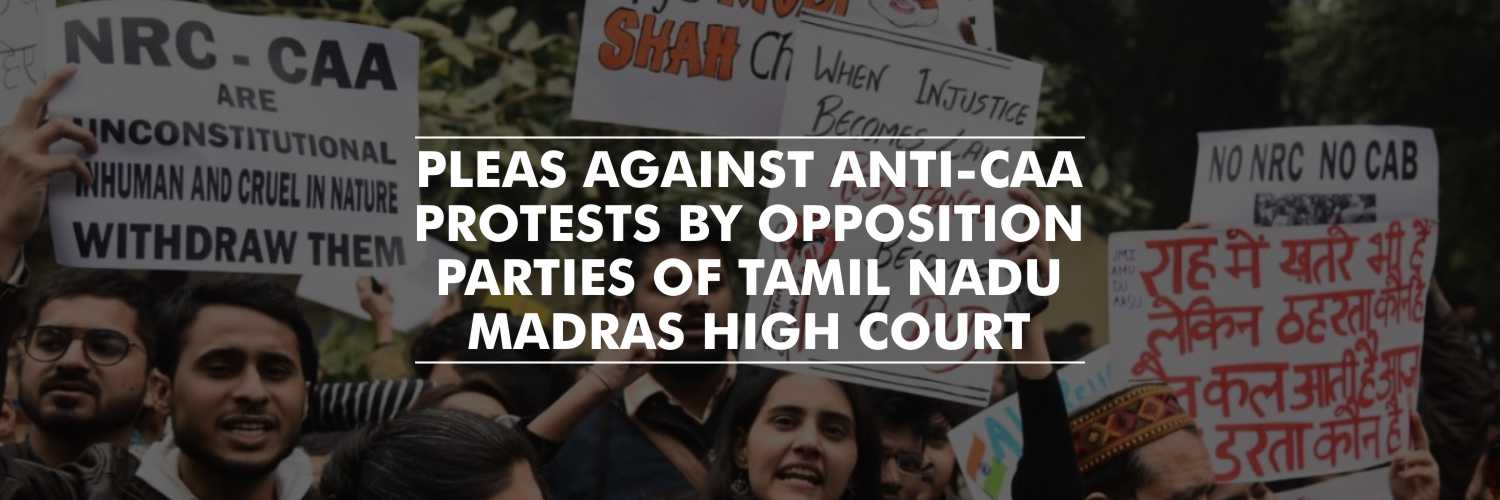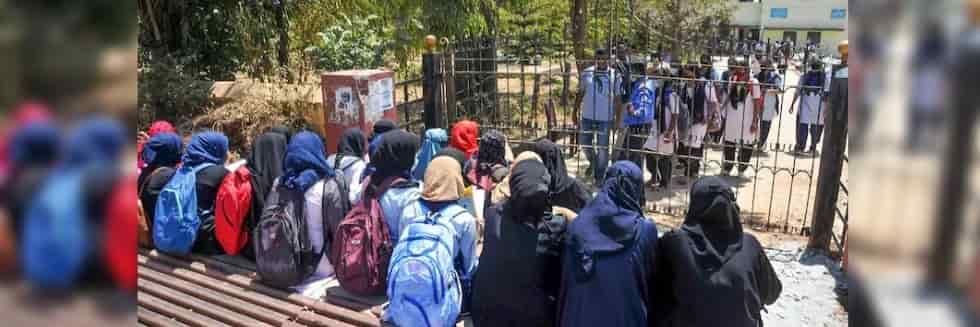Kerala High Court has issued a notice to the Centre government over the plea filed by LiveLaw challenging the constitutional validity of the newly introduced Information Technology intermediary rules aimed at monitoring the content on digital news portals, social media, and video streaming platforms.
Besides issuing the notice, the single judge bench of Justice PV Asha also restricted Centre government from taking any coercive action against the legal news portal LiveLaw under Part III of the new Information Technology (Guidelines for Intermediaries and Digital Media Ethics Code) Rules, 2021.
On March 9, the new portal moved the High Court against the new IT rules claiming them as illegal and in violation of Article 13, Article 14, Article 19(1)(a), Article 19(1)(g), and Article 21 of the Constitution of India and also in contravention of the parent legislation, the Information Technology Act.
A similar petition challenging the new rules was filed by the Foundation of Independent Journalists who owns news portal “The Wire” before Delhi High Court. Delhi High Court has also issued a notice to the Centre.
Recognizing LiveLaw as a new publisher under the rules, the Kerala High Court granted the portal interim protection saying, “Respondents (Central government) shall not take any coercive action against petitioners (LiveLaw) with reference to provisions contained in Part III of the Rules. The petitioner is a publisher of law reports and legal literature.”
Advocate Santosh Mathew, appearing for the petitioner argued that Section 87 of the Information Technology Act doesn’t empower the Centre to make a regulatory framework for news media.
Mathew raised the concerns, ““Somebody to whom the judgment is not palatable, may make a grievance, and we are required to sit in appeal over the content. We cannot be prosecuted because of somebody sitting in Delhi deciding the so-called ethical standards.”
While Centre submitted that the source of the power of the rules can be traced to Sections 69A and 69B of the IT Act. “Even if those provisions are not mentioned in the rules, that by itself will not make them bad in law, as the substantive rule-making power of the authority is not affected by the mere non-mentioning of the source of power,” said the Centre government.
